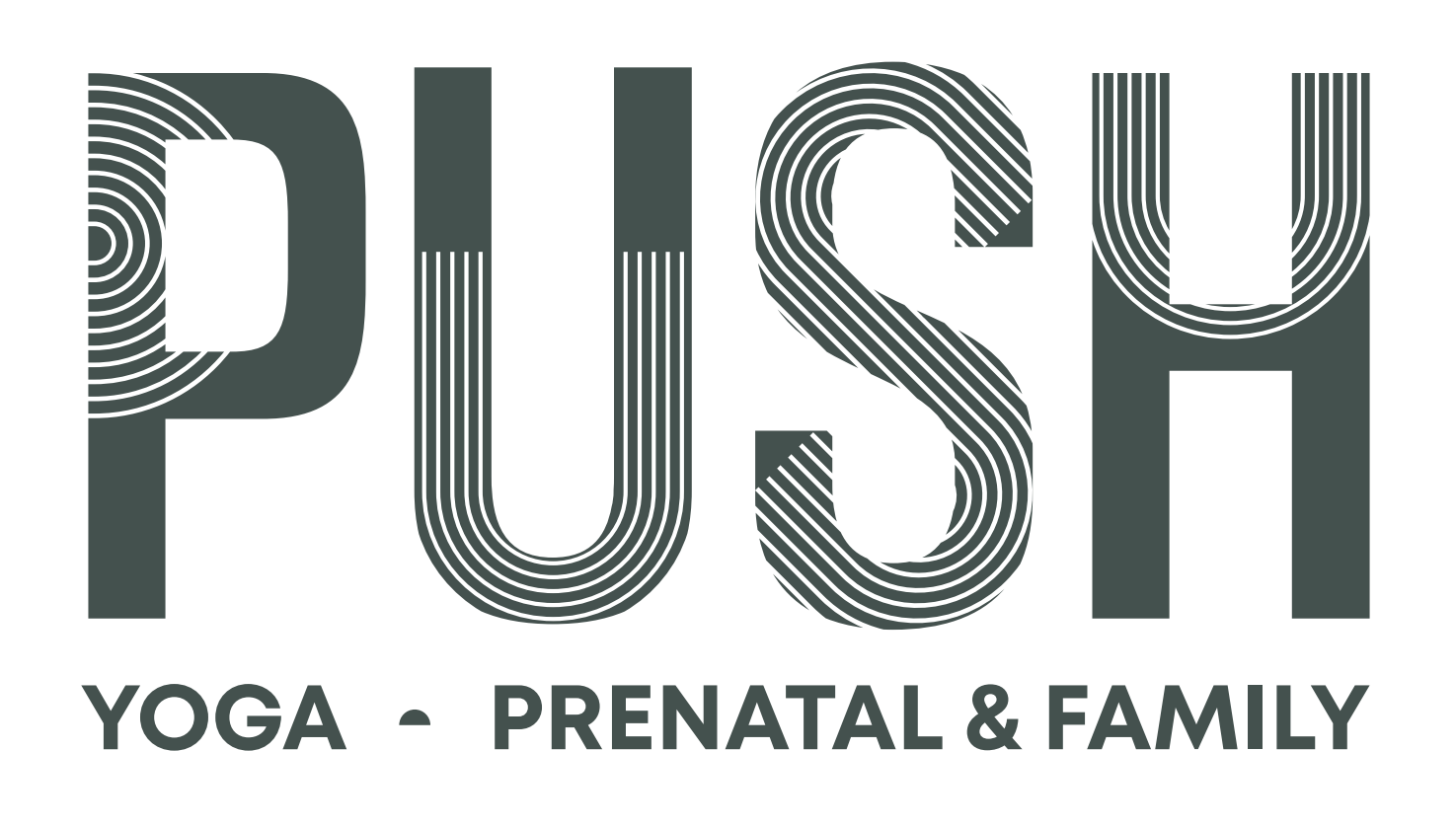PERI / MENOPAUSE
PERIMENOPAUSE | MENOPAUSE | POSTMENOPAUSE

So You Think You’re Having Symptoms of Perimenopause or Menopause?
Hey there. If you’ve found yourself here, chances are you’re feeling… different. Maybe your period’s gone rogue, or you’re waking up in the middle of the night drenched in sweat. Maybe your moods are swinging harder than a ’90s boy band comeback tour. Let’s talk about it – and more importantly, what you can do about it.
What Even Is Perimenopause?
Perimenopause is the transitional phase before menopause when your ovaries gradually produce less estrogen, progesterone, and other key hormones. It often starts in your 40s, but for some women, noticeable changes can begin as early as their mid-30s.
This phase can last anywhere from 4 to 10 years. (Yep, it’s not always a quick process.)
During perimenopause, hormone fluctuations can trigger a range of physical and emotional symptoms. Because hormones like estrogen regulate so many functions—like temperature control, mood stability, and reproductive health—imbalances can feel very intense.
Common Symptoms of Perimenopause or Menopause
You’re not imagining it — and you’re not alone. Some of the most common perimenopausal symptoms include:
Irregular periods: Cycles may become shorter, longer, heavier, or lighter. Skipped periods are common too.
Hot flashes and night sweats: Sudden, intense heat episodes that can disrupt daily life and sleep.
Sleep issues: Trouble falling asleep, staying asleep, or waking up feeling unrefreshed.
Mood swings and increased anxiety: Emotional turbulence can stem from both hormone shifts and disrupted sleep.
Brain fog and memory lapses: Forgetfulness, difficulty concentrating, or feeling “off.”
Changes in libido: Some women experience a lower sex drive, while others may notice an increase.
Vaginal dryness or discomfort: Lower estrogen levels can thin vaginal tissues, leading to dryness, itching, or painful intimacy.
Fatigue: Persistent low energy, even after what seems like enough rest.
Weight changes: Especially weight gain around the abdomen due to metabolic shifts.
Everyone’s experience is a little different. Some people sail through this phase with barely a ripple. Others? Not so much.
When Does Menopause Happen?
Menopause is officially defined as the point when you haven’t had a period for 12 months straight. The average age is around 51, but the transition (perimenopause) can start years before that.
Once you’ve hit menopause, you’re in the postmenopausal phase—and yes, symptoms can linger even then.
Hormonal Support for Perimenopause and Menopause
Our perimenopause and menopause support services are designed to complement your primary care — whether you’re working with a family doctor, naturopath, or specialist. We also support those navigating perimenopause after hormone treatment, surgery, or complex health histories.
At Push Markham, we take a whole-person approach to peri/menopause care, addressing your physical, emotional, and mental well-being to help you feel strong, supported, and empowered through this transitional stage and beyond.
Acupuncture for Menopause

Menopause acupuncture treatments are tailored to support you through hormonal changes, helping to relieve symptoms like hot flashes, mood swings, and sleep disturbances. Feel balanced, grounded, and supported through this natural transition.
Naturopathic Menopause Care

Our naturopathic menopause care offers personalized support whether you’re exploring natural therapies or hormone replacement therapy (HRT). We work alongside your primary care provider to help you navigate HRT options safely and effectively, while also addressing symptoms like hot flashes, sleep disturbances, mood changes, and low energy with a whole-person approach. Feel informed, supported, and balanced through every stage of menopause.
Chiropractic Care for Menopause

Our chiropractic care for menopause supports your body through the physical changes that come with hormonal shifts. Gentle, targeted adjustments can help relieve joint pain, muscle tension, sleep issues, and headaches, while promoting nervous system balance. Feel more aligned, comfortable, and resilient throughout your menopause journey.
Hormonal Nutrition

Our nutrition support for menopause focuses on nourishing your body through every stage of hormonal change. Our registered dietitian helps you manage symptoms like weight fluctuations, fatigue, and bone health with a personalized, food-first approach. Feel energized, supported, and confident in your nutrition choices during menopause and beyond.
Pelvic Health Physiotherapy

Menopause can bring pelvic health challenges like urinary incontinence, pelvic organ prolapse, vaginal dryness, painful intercourse, and pelvic pain. Our pelvic health physiotherapy uses gentle exercises, manual therapy, and education to help you regain strength, improve comfort, and feel confident through this transition.
Yoga & Strength training for Menopause

Our yoga and strength training programs for menopause are designed to boost your energy, improve balance, and support muscle health. Through gentle, targeted movement, we help reduce stress, ease joint stiffness, and enhance overall well-being—keeping you strong, flexible, and empowered during menopause and beyond.
Massage Therapy for Menopause

Our massage therapy for menopause helps relieve muscle tension, reduce stress, and improve circulation during this transitional time. Gentle, tailored treatments promote relaxation, ease common discomforts, and support your overall physical and emotional well-being.
Ready to Take the Next Step?
Book a Free Women’s Health Consult here for more information
Let’s navigate this together—with compassion, clarity, and care.
